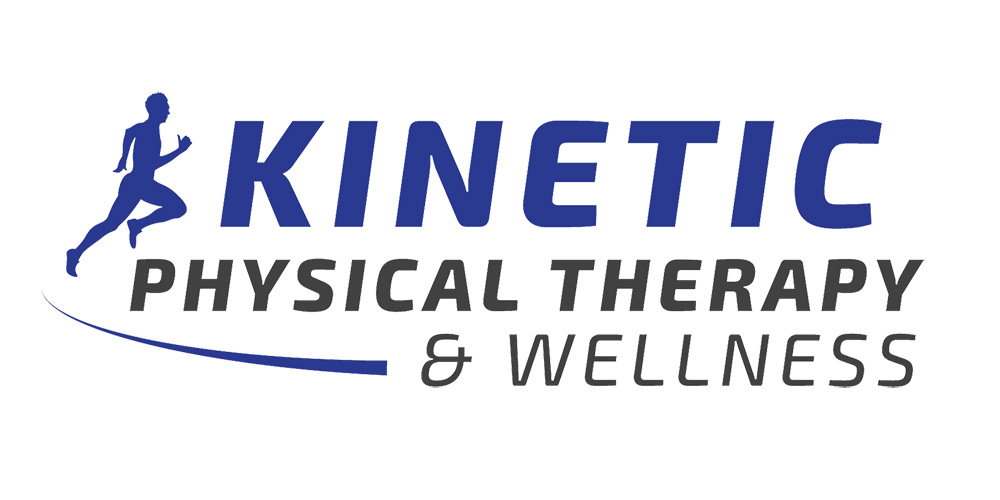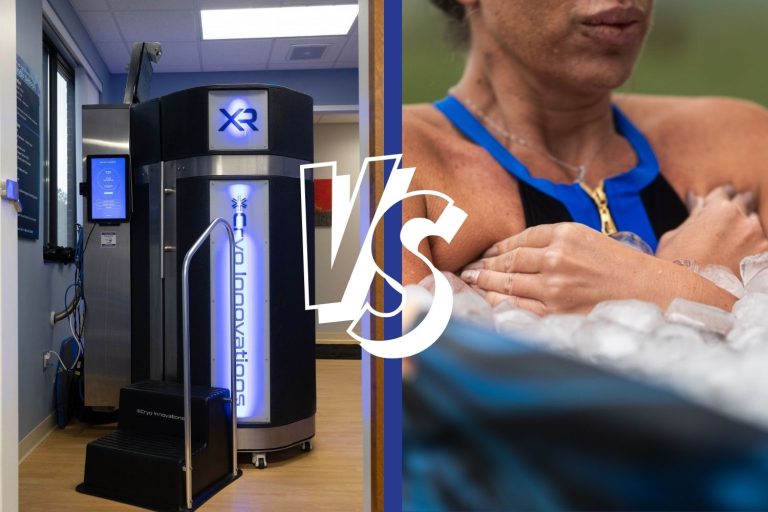

Speech Therapy Techniques
In the realm of healthcare, the importance of effective communication cannot be overstated. From expressing emotions to conveying needs, communication serves as the cornerstone of human interaction. However, for some individuals, communicating effectively can be a challenge due to various factors such as developmental disorders, neurological conditions, or injury. This is where speech therapy comes into play, offering a range of techniques to help individuals overcome communication barriers and enhance their quality of life.
Understanding Speech Therapy Techniques
Speech therapy encompasses a diverse array of techniques tailored to address specific communication issues. From articulation difficulties to language disorders, speech therapists employ various strategies to improve communication skills and facilitate better understanding. Let’s delve into some common types of speech therapy techniques and how they can benefit individuals seeking to enhance their communication abilities.
Types of Speech Therapy Techniques
Articulation Therapy:
Articulation therapy focuses on improving the clarity and accuracy of speech sounds. It targets issues such as mispronunciation or difficulty producing certain sounds. Through exercises and drills, individuals learn to coordinate their articulators (lips, tongue, jaw) to produce sounds correctly. By practicing specific sounds in isolation and within words, sentences, and conversations, clients gradually refine their articulation skills, leading to clearer speech.
Language Therapy:
Language therapy aims to address difficulties with understanding and using language. This includes challenges with vocabulary, grammar, comprehension, and expression. Speech therapists utilize various techniques such as storytelling, games, and structured activities to improve language skills. By focusing on building vocabulary, sentence structure, and comprehension strategies, individuals can enhance their ability to communicate effectively in both verbal and written forms.
Fluency Therapy:
Fluency therapy is designed to help individuals who stutter or experience disruptions in their speech flow. Therapists employ techniques such as breathing exercises, relaxation strategies, and speech modification techniques to promote smoother, more fluent speech patterns. By increasing awareness of speech production and reducing tension, clients can gain greater control over their fluency, leading to improved communication confidence.
Voice Therapy:
Voice therapy addresses issues related to vocal quality, pitch, volume, and resonance. Whether due to vocal nodules, vocal cord paralysis, or other vocal disorders, individuals may experience difficulties with their voice production. Speech therapists utilize exercises to strengthen vocal muscles, improve breath support, and develop healthy vocal habits. Through voice therapy, clients can achieve a more resonant, clear, and sustainable voice, enhancing their overall communication effectiveness.
Pragmatic Therapy:
Pragmatic therapy focuses on improving social communication skills, including turn-taking, maintaining conversation, and interpreting nonverbal cues. This type of therapy is particularly beneficial for individuals with autism spectrum disorder (ASD) or social communication disorders. By teaching social rules, perspective-taking, and problem-solving strategies, speech therapists help clients navigate social interactions with greater ease and confidence.
Causes of Speech Disorders
Speech disorders can arise from various underlying causes, including:
Developmental factors: Some speech disorders stem from delays or differences in typical speech development, such as articulation disorders or language delays.
Neurological conditions: Conditions like cerebral palsy, traumatic brain injury, or stroke can affect speech and language abilities due to damage to the brain’s language centers.
Genetic factors: Certain genetic syndromes, such as Down syndrome or Fragile X syndrome, may be associated with speech and language difficulties.
Environmental influences: Exposure to environmental factors such as chronic ear infections, hearing loss, or language deprivation can impact speech development.
Treatment Approaches in Speech Therapy
Speech therapy encompasses a holistic approach to treatment, addressing not only the specific speech or language impairment but also considering the individual’s overall communication needs and goals. Treatment approaches may include:
Individualized therapy: Speech therapy sessions are tailored to the individual’s unique needs, focusing on areas of difficulty while building on strengths.
Family involvement: Involving family members in therapy sessions and providing strategies for home practice can reinforce progress and support generalization of skills.
Multimodal interventions: Integrating various therapeutic modalities, such as visual supports, technology-assisted communication devices, or sign language, can enhance communication effectiveness.
Collaboration with other professionals: Speech therapists often collaborate with educators, occupational therapists, psychologists, and other healthcare professionals to provide comprehensive care and support.
Empowering Communication Through Speech Therapy Techniques
In conclusion, speech therapy offers a myriad of techniques to address communication challenges and empower individuals to express themselves confidently and effectively. Whether it’s refining articulation, enhancing language skills, or promoting social communication, speech therapists play a crucial role in facilitating communication success. By understanding the types, causes, and treatment approaches in speech therapy, individuals can take proactive steps towards improving their communication abilities and enriching their quality of life.
If you or a loved one is seeking comprehensive speech therapy services in Greenville, NC, look no further than Kinetic Physical Therapy. Our team of experienced speech therapists is dedicated to providing personalized care and support to help you unlock your communication potential.
Remember, effective communication is not just about words—it’s about connection, understanding, and empowerment. With the right support and guidance, you can overcome communication barriers and thrive in all aspects of life.
At Kinetic Physical Therapy and Wellness in Greenville, NC, we’re passionate about harnessing the full potential of physical therapy to enrich lives and promote holistic wellness. Whether you’re recovering from an injury, managing a chronic condition, or striving to optimize your health and performance, our team is here to support you every step of the way. Experience the transformative power of physical therapy and unlock a world of possibilities for a healthier, happier you. Schedule your appointment today and embark on a journey toward renewed vitality and vitality.
Please Share
categories
Recent Posts

Speech Therapy Techniques
In the realm of healthcare, the importance of effective communication cannot be overstated. From expressing emotions to conveying needs, communication serves as the cornerstone of human interaction. However, for some individuals, communicating effectively can be a challenge due to various factors such as developmental disorders, neurological conditions, or injury. This is where speech therapy comes into play, offering a range of techniques to help individuals overcome communication barriers and enhance their quality of life.
Understanding Speech Therapy Techniques
Speech therapy encompasses a diverse array of techniques tailored to address specific communication issues. From articulation difficulties to language disorders, speech therapists employ various strategies to improve communication skills and facilitate better understanding. Let’s delve into some common types of speech therapy techniques and how they can benefit individuals seeking to enhance their communication abilities.
Types of Speech Therapy Techniques
Articulation Therapy:
Articulation therapy focuses on improving the clarity and accuracy of speech sounds. It targets issues such as mispronunciation or difficulty producing certain sounds. Through exercises and drills, individuals learn to coordinate their articulators (lips, tongue, jaw) to produce sounds correctly. By practicing specific sounds in isolation and within words, sentences, and conversations, clients gradually refine their articulation skills, leading to clearer speech.
Language Therapy:
Language therapy aims to address difficulties with understanding and using language. This includes challenges with vocabulary, grammar, comprehension, and expression. Speech therapists utilize various techniques such as storytelling, games, and structured activities to improve language skills. By focusing on building vocabulary, sentence structure, and comprehension strategies, individuals can enhance their ability to communicate effectively in both verbal and written forms.
Fluency Therapy:
Fluency therapy is designed to help individuals who stutter or experience disruptions in their speech flow. Therapists employ techniques such as breathing exercises, relaxation strategies, and speech modification techniques to promote smoother, more fluent speech patterns. By increasing awareness of speech production and reducing tension, clients can gain greater control over their fluency, leading to improved communication confidence.
Voice Therapy:
Voice therapy addresses issues related to vocal quality, pitch, volume, and resonance. Whether due to vocal nodules, vocal cord paralysis, or other vocal disorders, individuals may experience difficulties with their voice production. Speech therapists utilize exercises to strengthen vocal muscles, improve breath support, and develop healthy vocal habits. Through voice therapy, clients can achieve a more resonant, clear, and sustainable voice, enhancing their overall communication effectiveness.
Pragmatic Therapy:
Pragmatic therapy focuses on improving social communication skills, including turn-taking, maintaining conversation, and interpreting nonverbal cues. This type of therapy is particularly beneficial for individuals with autism spectrum disorder (ASD) or social communication disorders. By teaching social rules, perspective-taking, and problem-solving strategies, speech therapists help clients navigate social interactions with greater ease and confidence.
Causes of Speech Disorders
Speech disorders can arise from various underlying causes, including:
Developmental factors: Some speech disorders stem from delays or differences in typical speech development, such as articulation disorders or language delays.
Neurological conditions: Conditions like cerebral palsy, traumatic brain injury, or stroke can affect speech and language abilities due to damage to the brain’s language centers.
Genetic factors: Certain genetic syndromes, such as Down syndrome or Fragile X syndrome, may be associated with speech and language difficulties.
Environmental influences: Exposure to environmental factors such as chronic ear infections, hearing loss, or language deprivation can impact speech development.
Treatment Approaches in Speech Therapy
Speech therapy encompasses a holistic approach to treatment, addressing not only the specific speech or language impairment but also considering the individual’s overall communication needs and goals. Treatment approaches may include:
Individualized therapy: Speech therapy sessions are tailored to the individual’s unique needs, focusing on areas of difficulty while building on strengths.
Family involvement: Involving family members in therapy sessions and providing strategies for home practice can reinforce progress and support generalization of skills.
Multimodal interventions: Integrating various therapeutic modalities, such as visual supports, technology-assisted communication devices, or sign language, can enhance communication effectiveness.
Collaboration with other professionals: Speech therapists often collaborate with educators, occupational therapists, psychologists, and other healthcare professionals to provide comprehensive care and support.
Empowering Communication Through Speech Therapy Techniques
In conclusion, speech therapy offers a myriad of techniques to address communication challenges and empower individuals to express themselves confidently and effectively. Whether it’s refining articulation, enhancing language skills, or promoting social communication, speech therapists play a crucial role in facilitating communication success. By understanding the types, causes, and treatment approaches in speech therapy, individuals can take proactive steps towards improving their communication abilities and enriching their quality of life.
If you or a loved one is seeking comprehensive speech therapy services in Greenville, NC, look no further than Kinetic Physical Therapy. Our team of experienced speech therapists is dedicated to providing personalized care and support to help you unlock your communication potential.
Remember, effective communication is not just about words—it’s about connection, understanding, and empowerment. With the right support and guidance, you can overcome communication barriers and thrive in all aspects of life.
At Kinetic Physical Therapy and Wellness in Greenville, NC, we’re passionate about harnessing the full potential of physical therapy to enrich lives and promote holistic wellness. Whether you’re recovering from an injury, managing a chronic condition, or striving to optimize your health and performance, our team is here to support you every step of the way. Experience the transformative power of physical therapy and unlock a world of possibilities for a healthier, happier you. Schedule your appointment today and embark on a journey toward renewed vitality and vitality.
Please Share
You May Also Like







